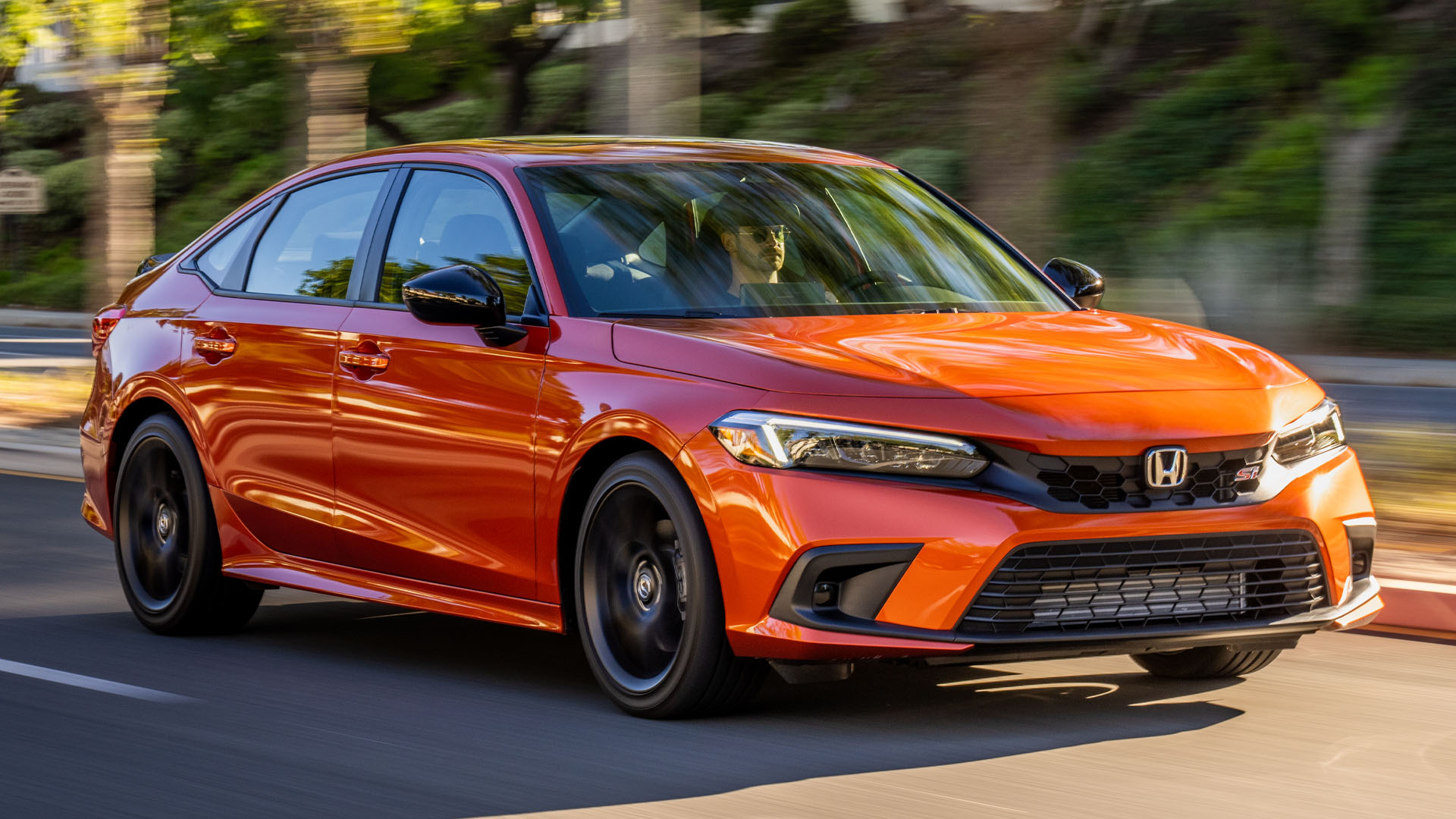

Honda isn’t having a good time. Granted, every automaker is currently struggling with various supply chain issues, but sales reports show that Japan’s second-largest car manufacturer is one of the worst affected. As stated in Honda’s July 2022 figures published on Aug. 2, it delivered 47.4 percent fewer vehicles than it did in July of 2021. Year to date, Honda’s total sales are down 40.4 percent.
Honda sold 135,542 cars in July of last year. Today, that number is just 71,235, and profits are down as a result. The company’s net income has dropped 33 percent to $1.09 billion year-over-year. Honda CFO Kohei Takeuchi told Automotive News that inflation and rising interest rates will “eventually have an impact on the economy,” which may affect demand in the future. That’s not what he’s focused on right now, though, as he claims to be focusing on delivering vehicles to customers rather than taking immediate measures to counteract a recession.

Certain subsections of Honda’s lineup have been hit particularly hard. HR-V sales are down nearly 70 percent as compared to July of last year. Civic sales are also down 67.4 percent over the same period. All Acura and Honda models are down year-over-year with the exception of the NSX and the Integra. The former is very low volume and received a major update in the form of the Type S, and the latter is a brand new model that wasn’t available in 2021. Even Acura’s hottest offerings, its SUVs, are down severely versus last year. MDX sales are down by 50 percent and RDX sales have slipped by a massive 72.8 percent.
Most automakers have posted year-over-year dips, but none in the neighborhood of 50 percent like Honda. Toyota, Subaru, and Mazda posted volume reductions of 21.2 percent, 17.1 percent, and 28.5 percent, respectively. Honda, needless to say, is struggling, and it expects the supply chain issues to extend into 2023.
Got a tip or question for the author? You can reach them here: peter@thedrive.com